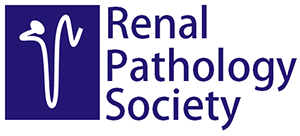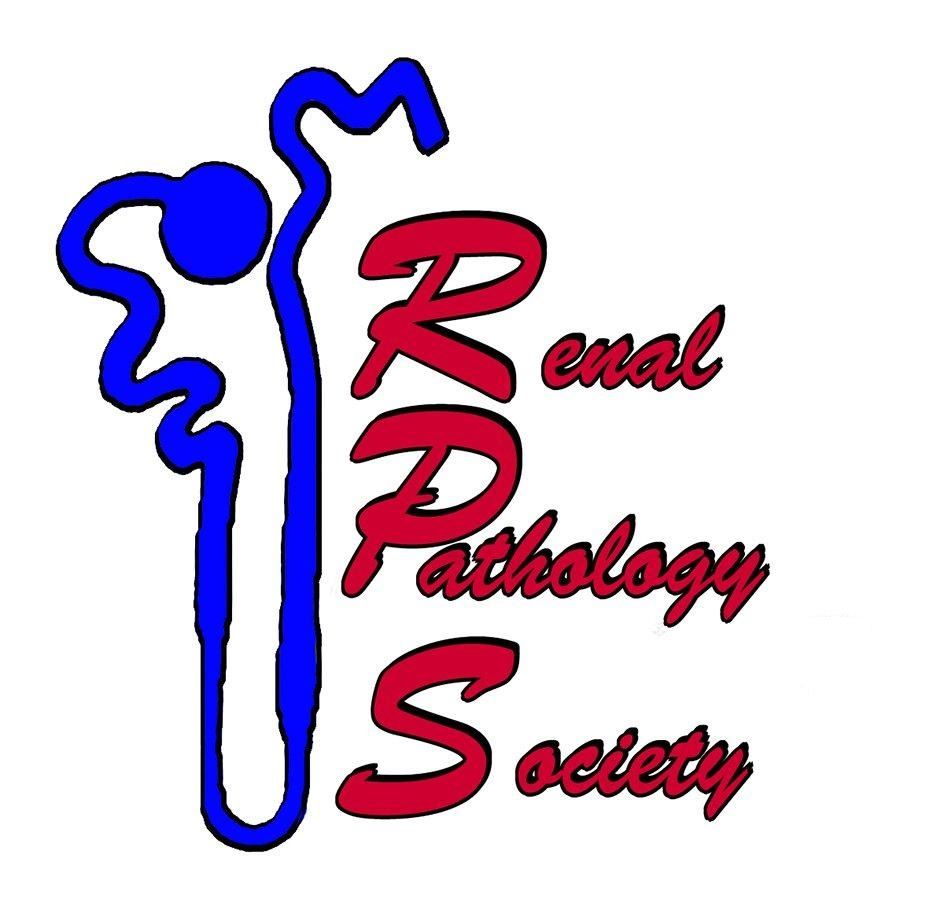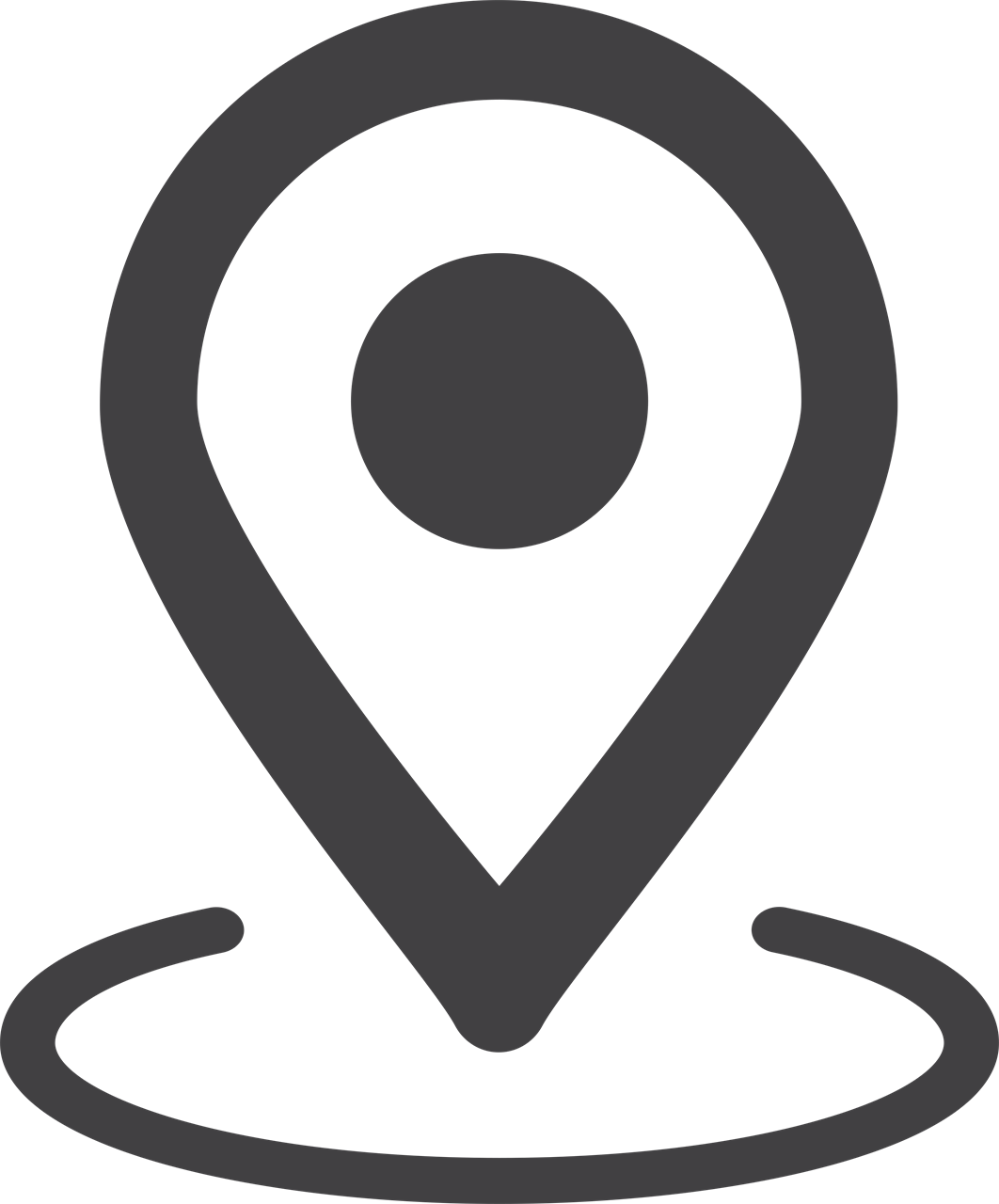Dear RPS members,
 In 2022, the RPS would like to focus on embracing diversity, equity and inclusion; and on broadening our international network. One way to achieve this goal is to celebrate a semi-monthly calendar of observances and appreciations with 10-question interviews highlighting our diverse pool of members. As April is National Autism Awareness Month (https://nationaltoday.com/autism-awareness-month/), our April interview is with Dr. Mark Haas, well known and celebrated RPS member and Professor of Pathology and Laboratory Medicine at Cedars Sinai Medical Center. Dr. Hass has a son with autism. Please find the interview and his touching bonus question below.
In 2022, the RPS would like to focus on embracing diversity, equity and inclusion; and on broadening our international network. One way to achieve this goal is to celebrate a semi-monthly calendar of observances and appreciations with 10-question interviews highlighting our diverse pool of members. As April is National Autism Awareness Month (https://nationaltoday.com/autism-awareness-month/), our April interview is with Dr. Mark Haas, well known and celebrated RPS member and Professor of Pathology and Laboratory Medicine at Cedars Sinai Medical Center. Dr. Hass has a son with autism. Please find the interview and his touching bonus question below.
1. What is your name, where were you born, where do you work?
My name is Mark Haas, I was born in Queens, New York, USA, and work at Cedars-Sinai Medical Center in Los Angeles, CA.
2. What is your number one topic of interest in nephropathology?
Actually, I have two main interests, kidney transplant pathology and IgA nephropathy.
3. What is the thing you like most about your job?
A feature of nephropathology that I really like is how the process of performing my daily job of interpreting kidney biopsies allows and even encourages me to think about new ways to improve the diagnostic process and develop hypotheses to investigate.
4. What is the most challenging aspect of your job?
While I really enjoy my work it is very engaging and time consuming and it has always been a challenge to balance my work life and my family life, something that I have often (as my wife and kids will remind me) not done a particularly good job of.
5. What did you want to become when you were a child?
Believe it or not, when I was a young child I wanted to be a trash collector, and would ride around my neighborhood in the garbage truck. When I was in high school and during my first 2 years of college I wanted to be a professional golfer, and was pretty good, but when I played against some of the top collegiate golfers I realized that I could practice 10 hours a day and never be as good as they were.
6. What would be your wish for the future - in general or in relation to your work?
Personally I look forward to getting back to pre-COVID life soon, and also to working 75% time starting in 2023, leading a more relaxed life and taking actual vacations. With all that is going on in the world right now, though, my immediate wish is for the current war in Eastern Europe and threats of attacks elsewhere in the world to abate.
7. Any special interests apart from Nephropathology?
As noted above I enjoy golfing and would like to get back to playing more. I am also a bit of a history buff and enjoy traveling to parts of the US and the world whose history I have studied.
8. How do you think Pathology will look like in 10 years’ time?
I strongly suspect that molecular pathology will become increasingly more important as a diagnostic tool over this time, and also suspect (or perhaps fear) that there will be an increased use of artificial intelligence/machine learning in histopathologic diagnosis. However, to paraphrase the late Juan Rosai when (in the late 1980s) he was confronted with the question of whether molecular diagnostics and computers would soon replace diagnostic pathology as we know it, he replied that "in 50 years pathologists will still be looking at glass slides using microscopes". So I suppose that at least for the next 10 years or so our jobs will be safe.
9. Who would you consider to be your mentor in renal pathology or pathology in general?
I have had two important mentors in renal pathology - Mike Kashgarian who introduced me to the field, provided me with my initial training during my residency and fellowship, and stressed the importance of clinico-pathologic correlation, and the late Robert Heptinstall who took me under his wing when I was a faculty member at Hopkins and taught me some of the more detailed aspects of renal diagnosis as well as negotiating the academic environment. In addition, I have had the opportunity to work with a good number of other senior renal pathologists who have taught me a great deal, in particular Lorraine Racusen, Bob Colvin, Arthur Cohen, and Cindy Nast.
10. What is your favorite non-work related activity or way to spend your time?
Golf, traveling, and watching movies, especially historical dramas.
Bonus Question: What is something you would like to share, or would like for more people to know about the experience of having a close family member or loved one with autism?
As some of you know, my youngest son Zachary, now age 25, is on the autism spectrum, and also had problems with substance abuse (which is not uncommon in teens and young adults on the spectrum). Being a parent to a child with special needs is a challenge on several fronts, including trying to find a balance between guiding and supporting them and giving them independence and having them experience failure. This was often a point of contention between my wife Lisa and myself and caused rifts (fortunately not permanent) in our marriage and also complicated our relationship with our older son Matthew (who just got engaged!). Fortunately, Zach is verbal and moderately high functioning, but it was a challenge finding appropriate schools for him, and this played a large part in our moving from Baltimore to LA. Still, we have stuck with it, remained patient, overcome some but not all challenges, and have reaped the satisfaction of seeing Zach now living independently in Salt Lake City and working full time as a staff member in a group home for young adults with developmental disabilities. What is particularly satisfying is that over the past 4-5 years my relationship with Zach, which was often quite difficult earlier, has grown closer.

 In 2022, the RPS would like to focus on embracing diversity, equity and inclusion; and on broadening our international network. One way to achieve this goal is to celebrate a semi-monthly calendar of observances and appreciations with 10-question interviews highlighting our diverse pool of members. As April is National Autism Awareness Month (
In 2022, the RPS would like to focus on embracing diversity, equity and inclusion; and on broadening our international network. One way to achieve this goal is to celebrate a semi-monthly calendar of observances and appreciations with 10-question interviews highlighting our diverse pool of members. As April is National Autism Awareness Month (


